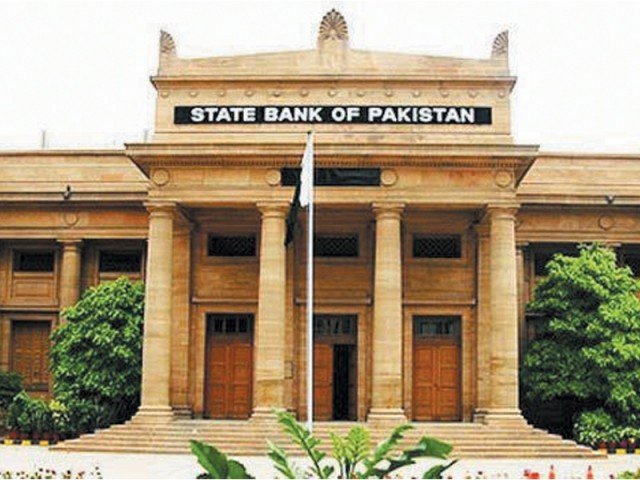
Heavy taxation on the telecommunications sector is the major reason behind lower mobile and broadband usage in the country, State Bank of Pakistan said in its first quarterly report of fiscal year (FY) 2016.
Though the number of broadband users has increased significantly over the years, it could not translate into an increase in the number of data users due to price competition and high tax incidence in the telecom sector, the central bank said in its report, which covers the July-September quarter of 2015.
Telecom industry: Broadband subscriptions reach 25 million
“The country presents a huge market of about 130 million people that needs broadband services; currently, there are 21.2 million broadband users [subscriptions],” the report said, adding there was a large untapped potential in the broadband segment.

The report quotes data from September, 2015 but the number of broadband subscriptions reached 24.8 million at the end of November 2015, the latest month for which data is publicly available.
The SBP’s quarterly report comes only a week after a World Bank study titled, ‘Digital Dividends’ featured Pakistan among the five least connected countries. About 165 million people or 83% of the population (200 million) was found to be offline in the country, the World Bank report said.
The country’s internet penetration still remains in the 12% range - little wonder why the report puts Pakistan among other South Asian and Sub-Saharan African nations that have the lowest internet adoption rate - between 0 and 19%.
“Despite being among top 10 countries of the world in terms of number of mobile users, the share of broadband and mobile users in Pakistan is still low,” the SBP said in its quarterly report - Pakistan’s cellular density (users per 100) stands at 64.6 as of November, 2015.
Explaining the major reason for low internet and cellular adoption, the central bank said, “Heavy taxation in this sector is the major reason of lower mobile and broadband usage,” which is in addition to other issues: quality of services, complex price structure, and high charges of devices.
Even in its new telecom policy the government did not address the industry’s concerns regarding high taxation on telecom services.
From the perspective of mobile operators, the SBP said high cost of entry [to the market], costlier devices, poor fixed line infrastructure, and taxation on imported telecom equipment hinder the new investment necessary for the expansion of such services to the un-served areas of the country.

Giving breakdown of taxation on the telecom sector, the central bank said the following key taxes directly impact consumers and providers of mobile industry in Pakistan: 19.5% GST and 14% withholding tax on mobile services; custom duty of Rs250 on import of mobile handsets; 19.5% tax on broadband Internet services exceeding 2 Megabits per second speed, which is imposed in the Punjab; 18% tax on broadband bill exceeding Rs1,500, which is imposed in Sindh; 10% duty on import of equipment used for voice reception, switching and routing of data and corporate tax of 32%.
By 2020: Pakistan’s e-commerce market to surpass $1 billion
The report further said data services or mobile internet are exempt from taxes all over the world because of its benefits to masses and its impact on social development and economic growth.
Quoting a World Bank study, the SBP said for every 10% increase in the penetration of broadband services, there is an increase in economic growth of 1.3 percentage points. “Therefore, we believe heavy taxation on mobile services in Pakistan does not bode well for economic growth in the country,” the report said.
Published in The Express Tribune, January 20th, 2016.
Like Business on Facebook, follow @TribuneBiz on Twitter to stay informed and join in the conversation.


















1714034954-0/WhatsApp-Image-2024-04-25-at-1-48-04-PM-(1)1714034954-0-270x192.webp)

























COMMENTS (1)
Comments are moderated and generally will be posted if they are on-topic and not abusive.
For more information, please see our Comments FAQ